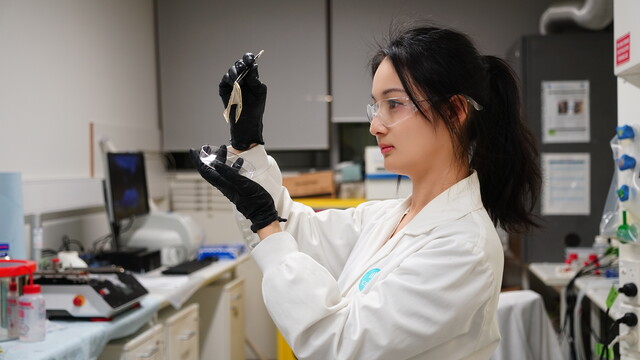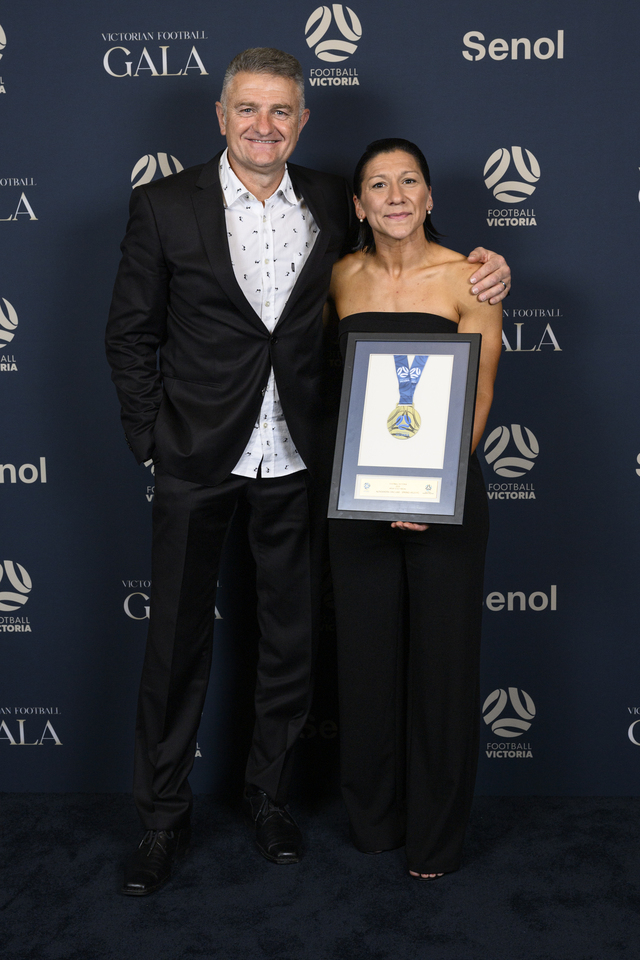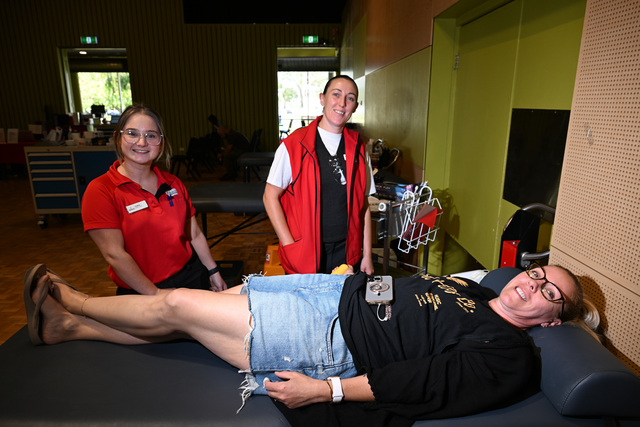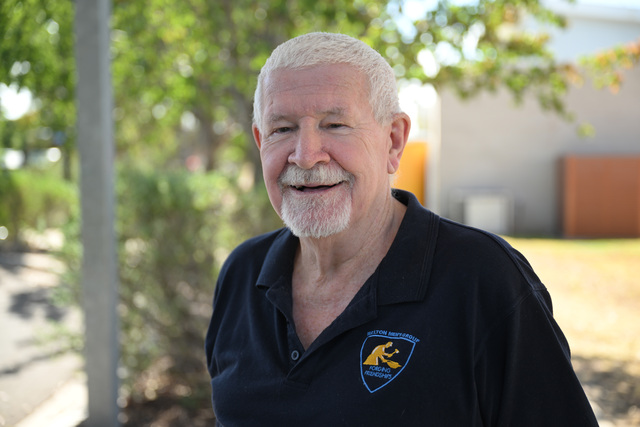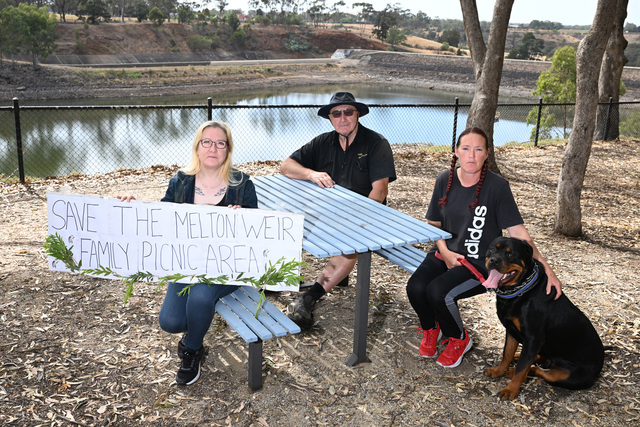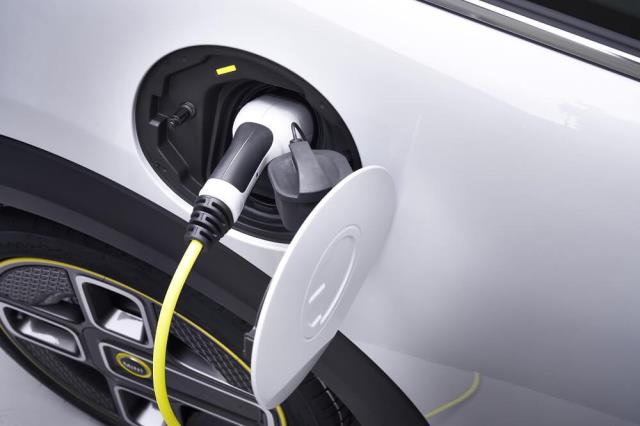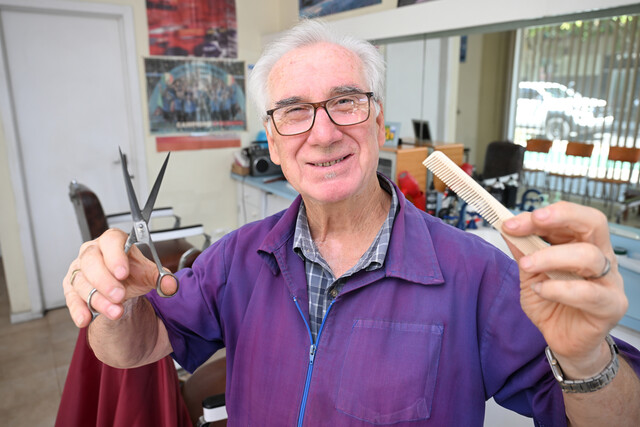Engineers from Monash University have developed a water-based battery that could help Australian households store rooftop solar energy more safely, cheaply and efficiently than ever before.
Their next-generation “flow battery” opens the door to compact, high-performance battery systems for homes, and is expected to be much cheaper than current $10,000 lithium-ion systems.
Flow batteries have been around for decades but have traditionally been used in large-scale energy storage due to their large size and slow charge speeds.
The study’s first author and PhD candidate at Monash’s Department of Materials Science and Engineering, Wanqiao Liang, said that the team’s new membrane design fixes the speed problem making it ideal for households and a promising key player in the energy transition market.
“We’ve taken a safe, affordable chemistry and made it fast enough to capture rooftop solar in real time,” Ms Liang said.
“We’ve engineered a membrane that finally makes organic flow batteries competitive for residential and mid-scale storage. It opens the door to systems that are not only cheaper, but also safer and simpler to scale.”
Ms Liang said a careful balance was crucial to making these batteries work for rooftop solar at home.
“This is the kind of battery you’d want in your garage,” she said.
“It’s non-toxic, non-flammable, and made from abundant materials, all while keeping up with solar power on a sunny day.”
The team is now 3D printing prototype systems and testing them under real-world conditions.
“If the prototypes keep performing the way we expect, this could be on the market in a few years’ time,” Ms Liang said.

